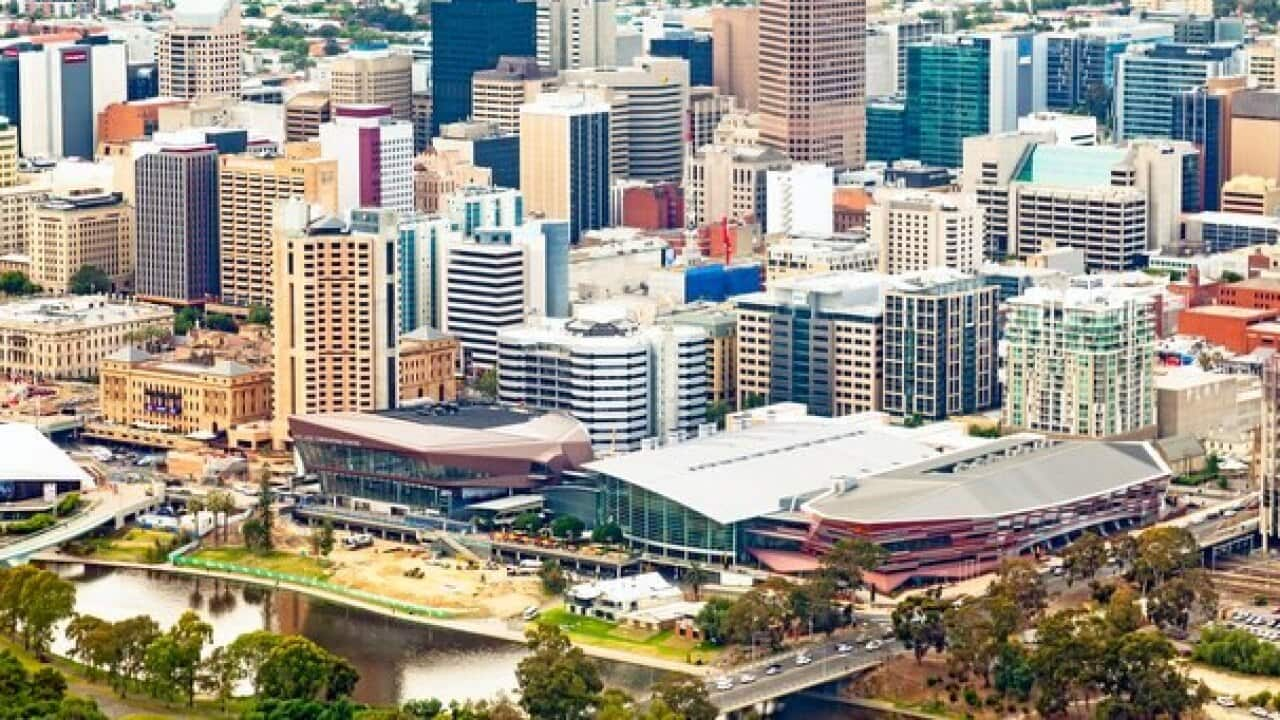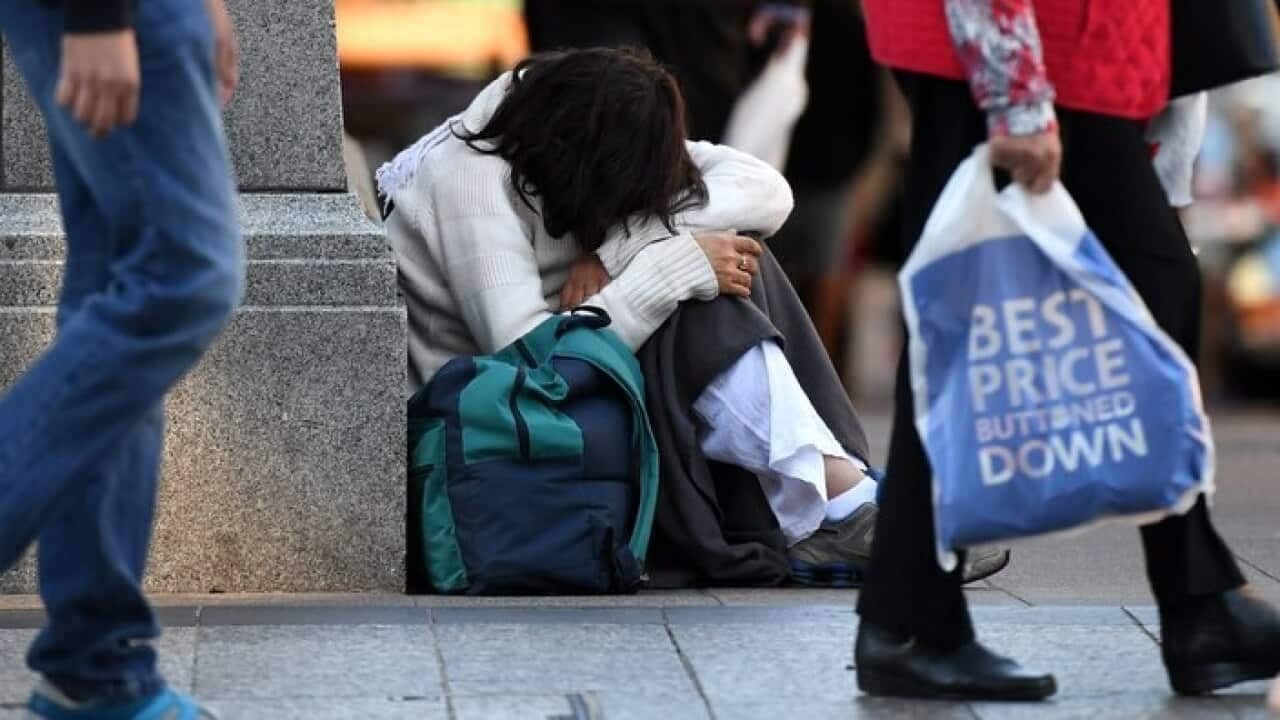Indigenous people sleeping rough across metropolitan Adelaide have been put up in motels under an initiative by the South Australian Housing Authority to help them stay safe during the coronavirus pandemic.
The measure was introduced as part of the state’s effort to slow the spread of Covid-19 by giving those experiencing homelessness a safe place to self-isolate.
Though Indigenous people make up just 2.6 per cent of the state’s population, they represent 40 per cent of those sleeping rough in Adelaide and are many more times at risk from Covid-19 due to chronic illnesses including heart disease and diabetes.
As of last Friday, 241 people experiencing homeless or in need of crisis accommodation were being housed in motels.
On Monday, human services minister Michelle Lensink told NITV News the program was an integral part of the government’s response to the crisis. She said the SA government was actively working with frontline services to ensure the health of the community.
“Every South Australian is facing a difficult time right now as we all try to do what we can to prevent the spread of Covid-19,” said Ms Lensink.
“Maintaining good hygiene and social distancing is difficult for people experiencing homelessness, in particular rough sleepers.
“That’s why we’ve worked quickly to ensure some of our most vulnerable South Australians can have a roof over their heads so they can stay safe, maintain good hygiene practices and social distance that are vital to everyone’s health.”
In a separate statement, SA Health said such measures were integral to stopping the spread of Covid-19.
“Vulnerable populations, including people with chronic medical conditions and Aboriginal and Torres Strait Islander people over the age of 50, are at greater risk of more serious illness if they are infected with coronavirus,” the statement said.
The early action by the SA government has been praised by frontline services, with Mike Francis from the saying for many being included in the program is the first time they’ve had safe, secure housing in years.
“For many of these people it will be the first good night’s sleep they’ve had in a long time,” said Mr Francis.
The sentiment was echoed by Baptist Care SA CEO, Graham Brown, whose organisation has been working alongside Hutt Street Centre to coordinate the effort with the government.
“I think it’s great that the South Australian Housing Authority have quite early on decided to make hotel rooms available,” Mr Brown said.
“It’s critically important with 150 or more people sleeping rough around Adelaide who are very vulnerable at this time. They have nowhere to self-isolate and nowhere to go to keep themselves safe.”
Along with those now being house in motel rooms, Baptist Care is also currently accommodating at campgrounds in the Adelaide Hills.
The initiative means the Adelaide metropolitan area now has “functionally zero” people sleeping rough, a situation where the supply of emergency housing is enough to meet the needs of those falling homeless.
“The actions taken during this pandemic period illustrate that it’s possible to eradicate rough sleeping in our capital city, which demonstrates it is not an intractable problem,” Mr Brown said.
“The big question is what happens at the end of this? How do we maintain this in the post-crisis period? That’s going to require a sustainable supply of affordable and safe housing for people who would otherwise be sleeping rough.”
Those in South Australia who are in need of emergency accommodation at this time are encouraged to call the Homeless Gateway, free of charge, on 1800 003 308.



